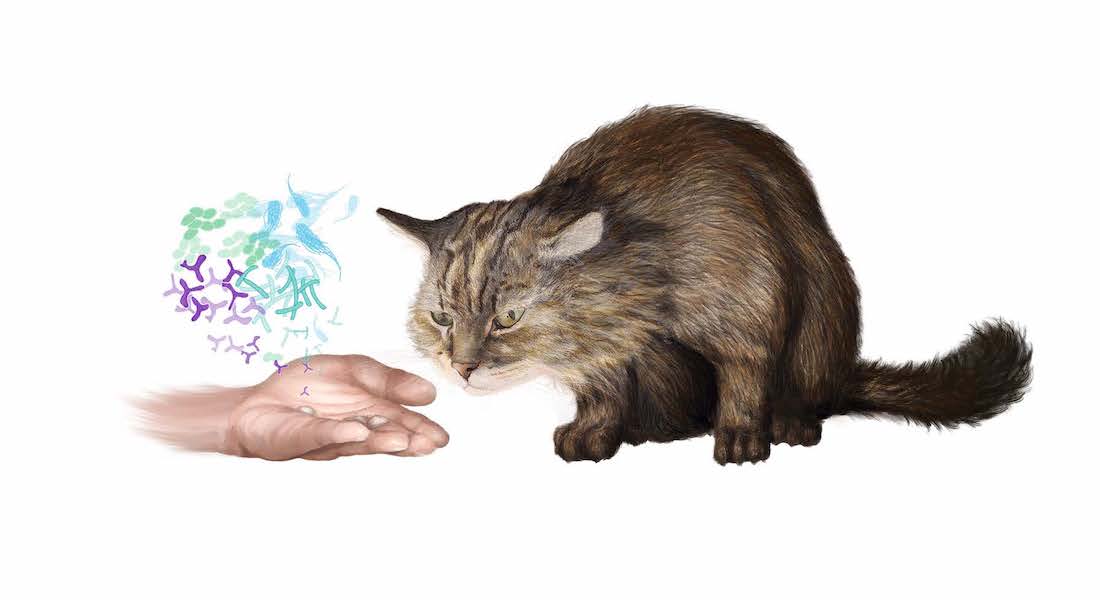PhD defence by Amanda Bolt Botnen

Where the taming things are
The hologenomic basis for cat domestication
PhD defense by Amanda (Mandy) Bolt Botnen
Abstract:
The recent expansion in availability of molecular techniques has facilitated a re-exploration of animal domestication. Recognized now as a continuous, dynamic process, the mechanisms behind domestication have drawn increasing interest. This thesis lays the foundation for a new hypothesis for the domestication of animals, incorporating recent advances in the field of microbiomes, especially the gut bacterial flora. Firstly, we align our terminology in the process from wild, through tame, to domesticated, and back to feral. Next, we explore the background for the so-called “domestication syndrome” and examine the current hypotheses concerning the domestication process. Together with some of the current knowledge on how the microbiome influences development and behaviour, we shape our hypothesis. In Chapter 1, the use of FTA cards for sampling, instead of the current standard method, resulted in comparable microbial profiles, with no differences in composition. This suggests that the use of FTA cards, and the corresponding simplified extraction, is a viable alternative when selecting sampling and DNA extraction methods for exploring the gut microbiome. In Chapter 2, the differences seen in the microbiome profiles of the more social domestic cats compared to the anti-social feral cats, which otherwise share the same evolutionary ancestry, suggest that there may be a microbial basis for the observed behavioural differences. In Chapter 3, the potential future applications of holo-omic approaches are explored. The holo-omic viewpoint is set to benefit such diverse fields as biotechnology, medicine and agriculture. Future refinement and testing of the hypothesis presented here is, however, recommended. Such further work may sharpen our understanding not only of the specific mechanisms involved in animal domestication, but also of the fundamental processes and interactions of evolution in general.
Supervisor:
Professor Tom Gilbert, Globe Institute, University of Copenhagen
Assessment committee:
Associate Professor Morten Tange Olsen (chair), Globe Institute, University of Copenhagen Associate Professor
Andrew Foote, NTNU, Norway
Associate professor Simon Bahrndorff, Aalborg University, DK
Zoom link: https://ucph-ku.zoom.us/j/67449228623
